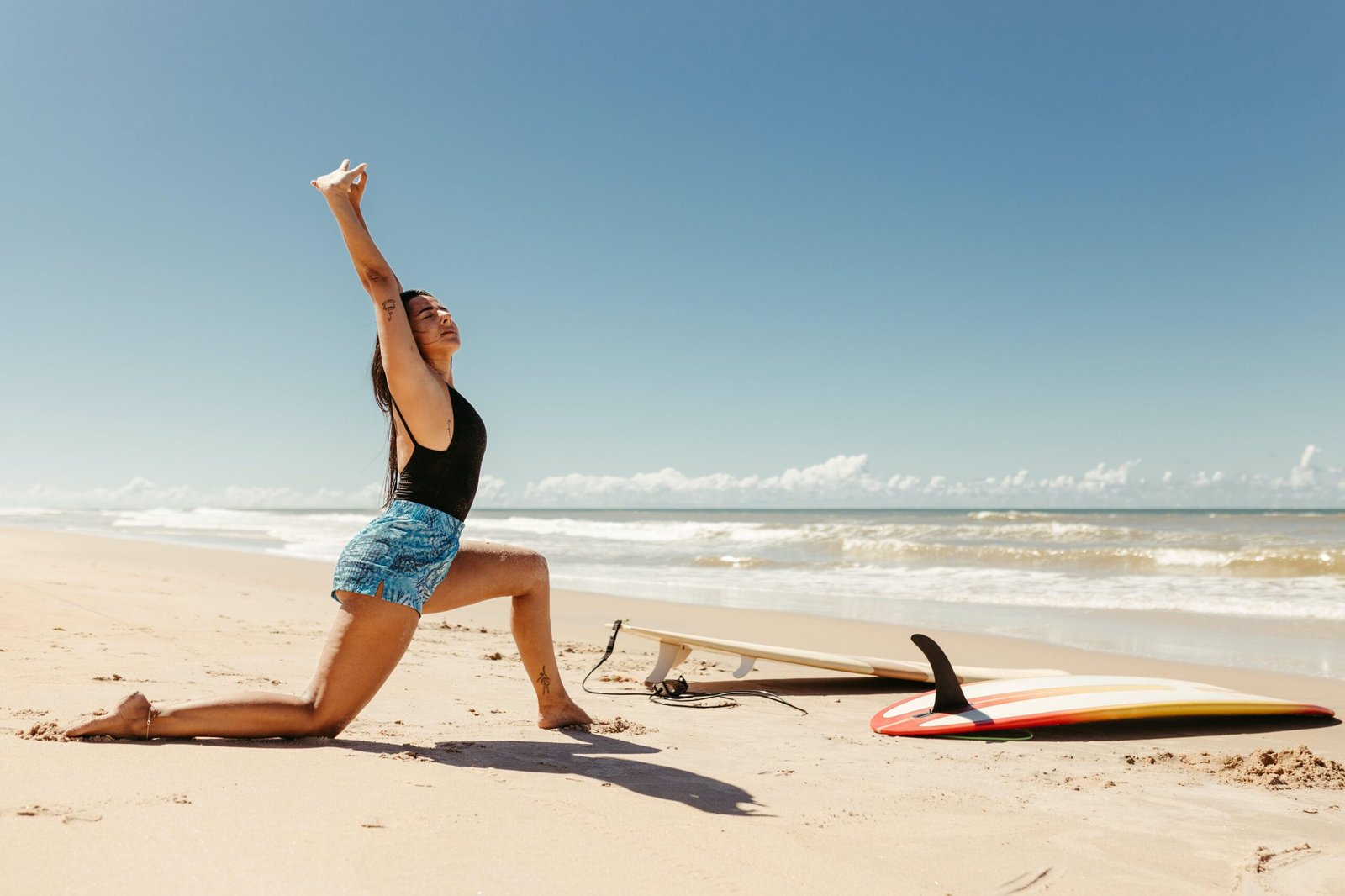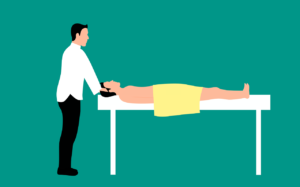
Have you ever wondered if your sleeping position affects your eye health? Well, you’re in luck! In this article, we will explore the best sleeping position that can help reduce eye pressure. We all know how important it is to get a good night’s sleep, but we often overlook the impact it has on our eyes. By understanding the connection between sleep position and eye pressure, you can make simple adjustments to ensure optimal eye health. So, let’s dive in and discover the secrets to a restful night’s sleep and healthier eyes!
Best Sleeping Position to Reduce Eye Pressure

Causes of Eye Pressure
Eye pressure can be caused by various factors such as glaucoma, excessive strain on the eyes, and increased fluid buildup in the eye. This pressure can lead to discomfort, blurry vision, and even damage to the optic nerve if left untreated. It is important to find the best sleeping position to reduce eye pressure and promote optimal eye health.
The Importance of Reducing Eye Pressure while Sleeping
Getting a good night’s sleep is essential for overall health and well-being, and this includes taking care of your eyes. By reducing eye pressure while sleeping, you can alleviate discomfort and potentially prevent future eye problems. It is crucial to adopt a sleeping position that helps promote healthy blood flow to the eyes and reduces strain on the optic nerve.

Sleeping on Your Back: Pros and Cons
Sleeping on your back is often recommended as the best sleeping position for reducing eye pressure. This position allows for proper alignment of the head, neck, and spine, which promotes optimal blood flow to the eyes. Additionally, sleeping on your back helps to minimize contact between your eyes and the pillow, reducing the risk of pressure on the eyes. However, some individuals may find sleeping on their back uncomfortable or may experience issues with snoring or sleep apnea in this position.
Sleeping on Your Side: Pros and Cons
Sleeping on your side can also be beneficial for reducing eye pressure. This position allows for optimal blood flow to the eyes and avoids direct contact between the eyes and the pillow. Additionally, sleeping on your side can help alleviate snoring and sleep apnea symptoms for those who struggle with these issues. However, it is important to note that side sleeping may lead to compression of facial tissues, potentially increasing the risk of wrinkles and skin damage over time.

Sleeping on Your Stomach: Pros and Cons
Sleeping on your stomach is generally not recommended as the best sleeping position for reducing eye pressure. This position can lead to increased pressure on the eyes due to the direct contact between the face and the pillow. Additionally, stomach sleeping can cause strain on the neck and spine, potentially leading to discomfort and alignment issues. It is advisable to avoid sleeping on your stomach if you are looking to reduce eye pressure and promote optimal eye health.
Elevating Your Head with Pillows: Pros and Cons
Elevating your head with pillows can be a helpful technique for reducing eye pressure while sleeping. By using an extra pillow or adjusting the height of your pillow, you can raise your head slightly and promote better blood flow to the eyes. This can help alleviate discomfort and reduce the risk of increased eye pressure. However, it is important to find the right level of elevation that is comfortable for you, as excessive elevation may lead to neck and spine issues.
Using Eye Protection During Sleep: Pros and Cons
Using eye protection during sleep, such as a sleep mask or comfortable goggles, can also aid in reducing eye pressure. These protective measures create a barrier between your eyes and the pillow, minimizing the risk of direct pressure. Additionally, sleep masks can help create a dark and relaxing sleep environment, promoting better sleep quality. However, it is important to find eye protection that fits comfortably and does not cause any discomfort or irritation during the night.
Avoiding Eye Strain before Bedtime
Reducing eye strain before bedtime is crucial for minimizing eye pressure while sleeping. Avoid activities that place excessive strain on the eyes, such as prolonged screen time or reading in dim lighting. Taking breaks, practicing eye exercises, and using artificial tears can help alleviate eye strain and promote healthy eyes. It is important to create a relaxing pre-sleep routine that allows your eyes to rest and recover before bedtime.
Other Tips to Reduce Eye Pressure while Sleeping
In addition to finding the best sleeping position, there are several other tips that can help reduce eye pressure while sleeping. These include:
- Keeping your bedroom environment cool and well-ventilated to promote optimal airflow and reduce eye puffiness.
- Using a humidifier to prevent dry eyes and maintain proper moisture levels in the air.
- Avoiding caffeine and alcohol consumption before bedtime, as these substances can cause dehydration and eye dryness.
- Practicing relaxation techniques such as meditation or deep breathing exercises to promote overall relaxation and reduce eye strain.
By incorporating these tips into your sleep routine, you can further enhance the reduction of eye pressure and promote healthier eyesight.
Conclusion
Reducing eye pressure while sleeping is essential for maintaining optimal eye health. By finding the best sleeping position, such as sleeping on your back or side, and implementing other strategies like elevating your head with pillows or using eye protection, you can alleviate discomfort and promote healthy blood flow to the eyes. Remember to also avoid eye strain before bedtime and incorporate other lifestyle tips to further reduce eye pressure. Taking these steps will help ensure that you wake up feeling refreshed and maintain optimal eye health in the long run.







